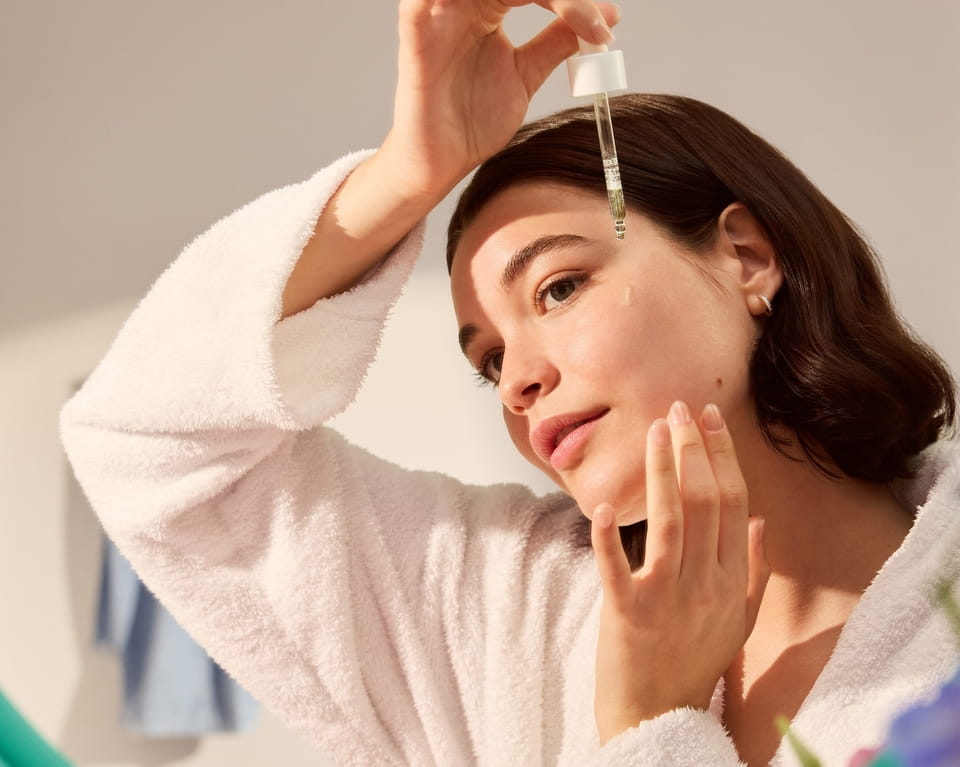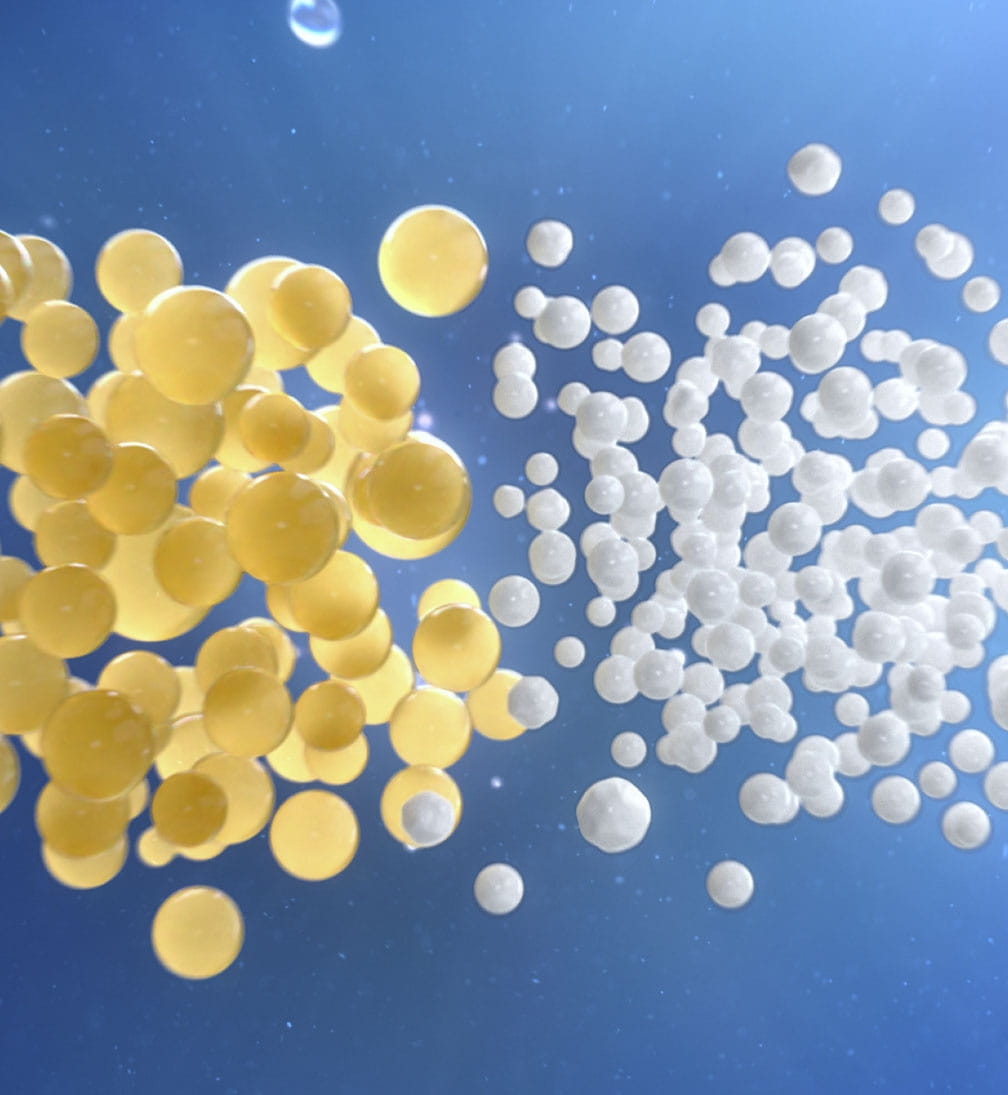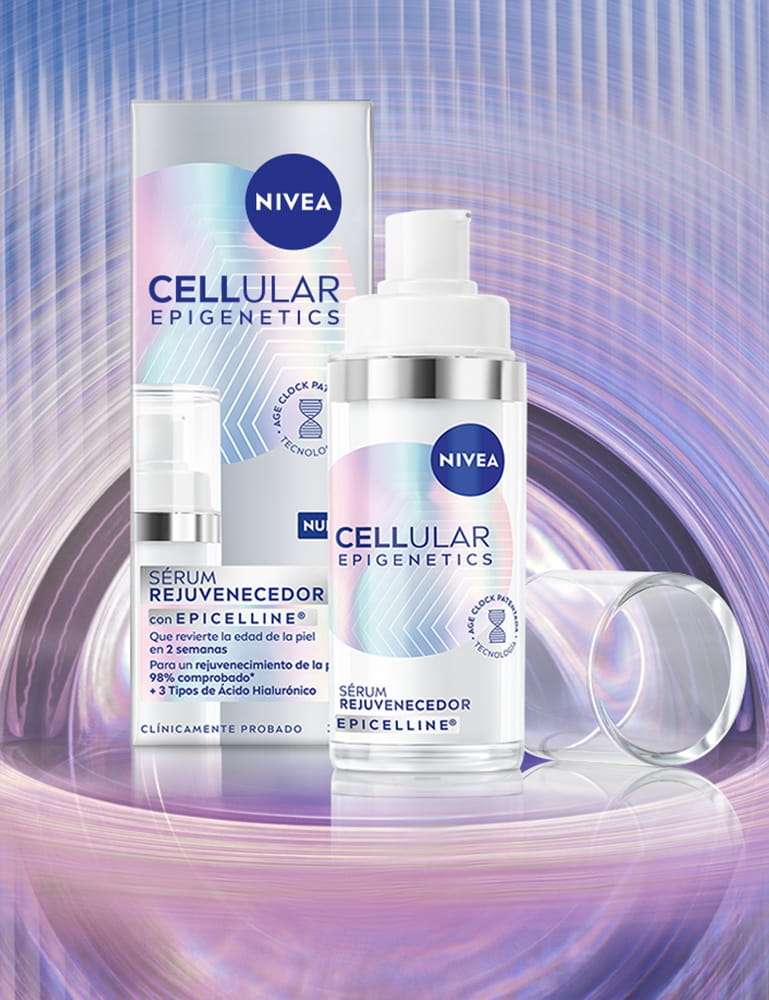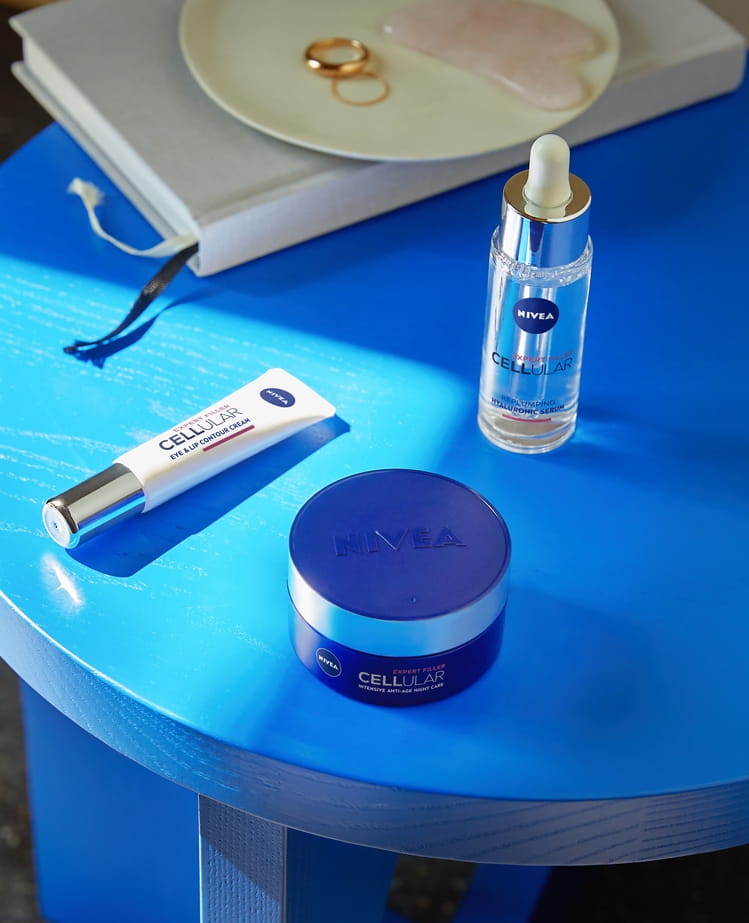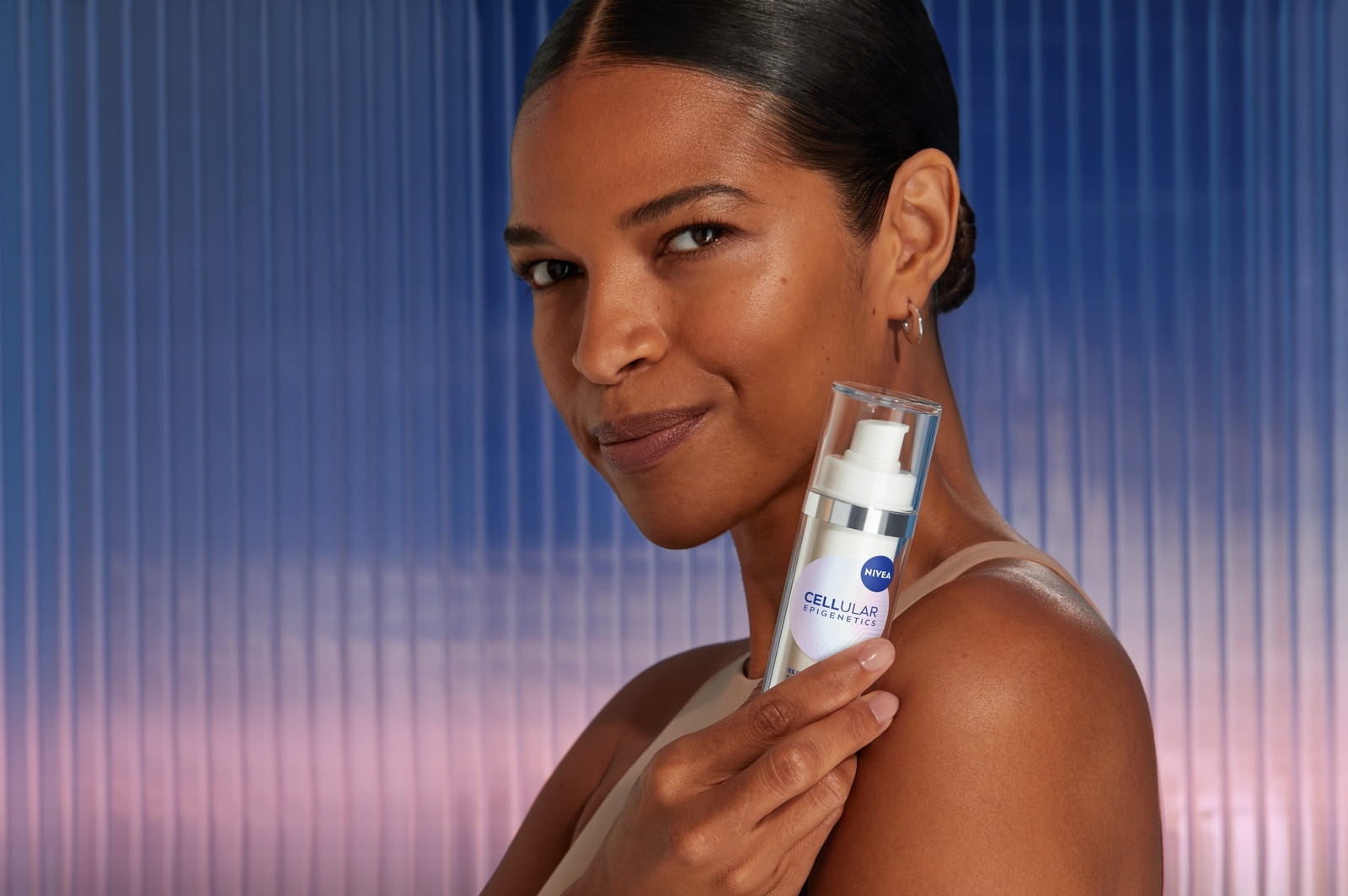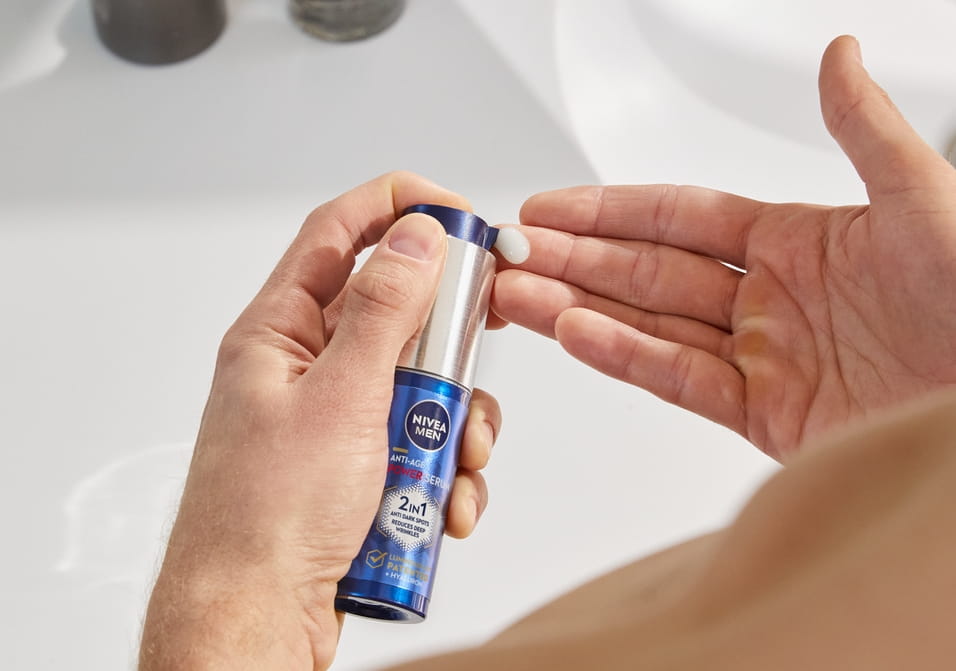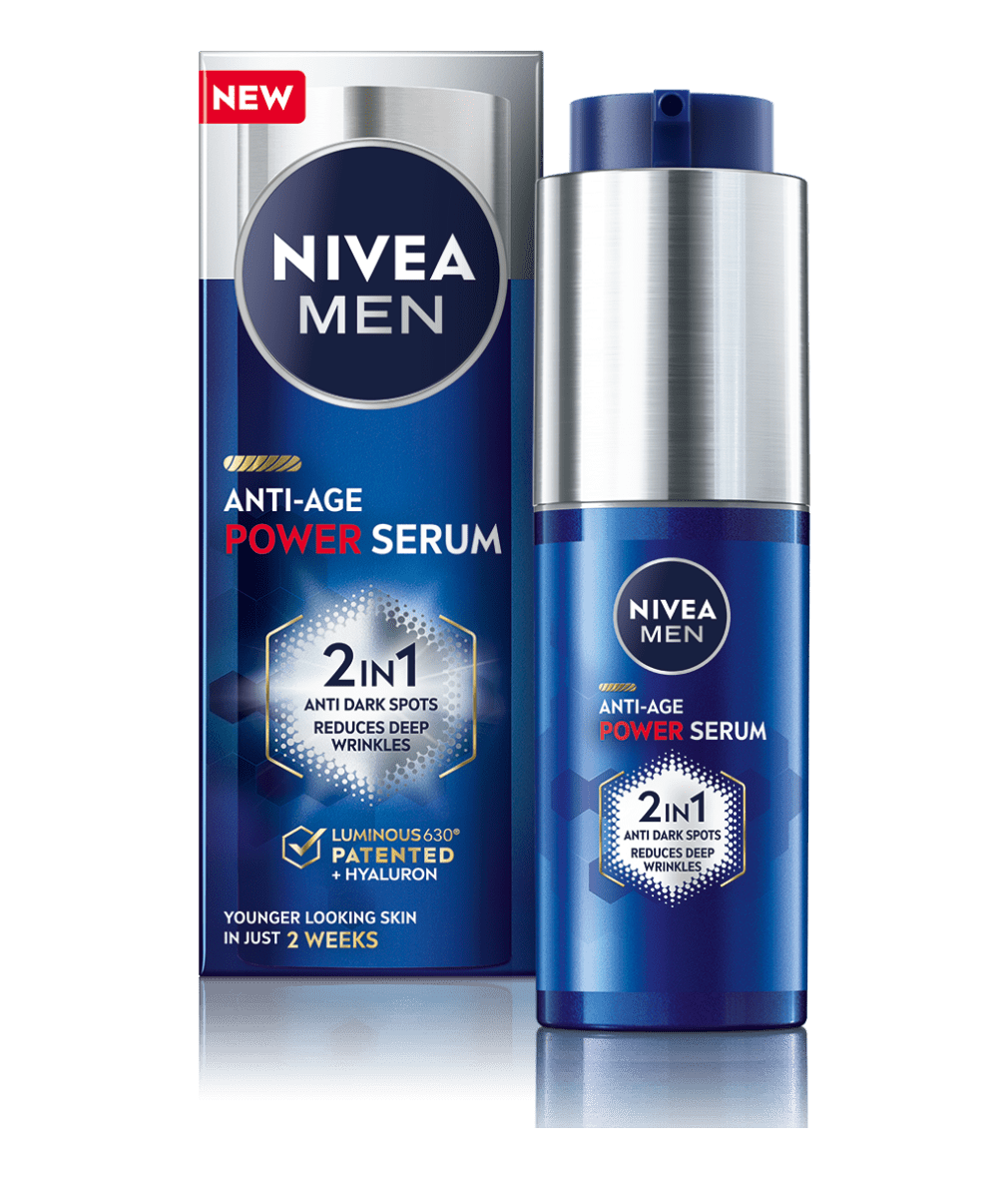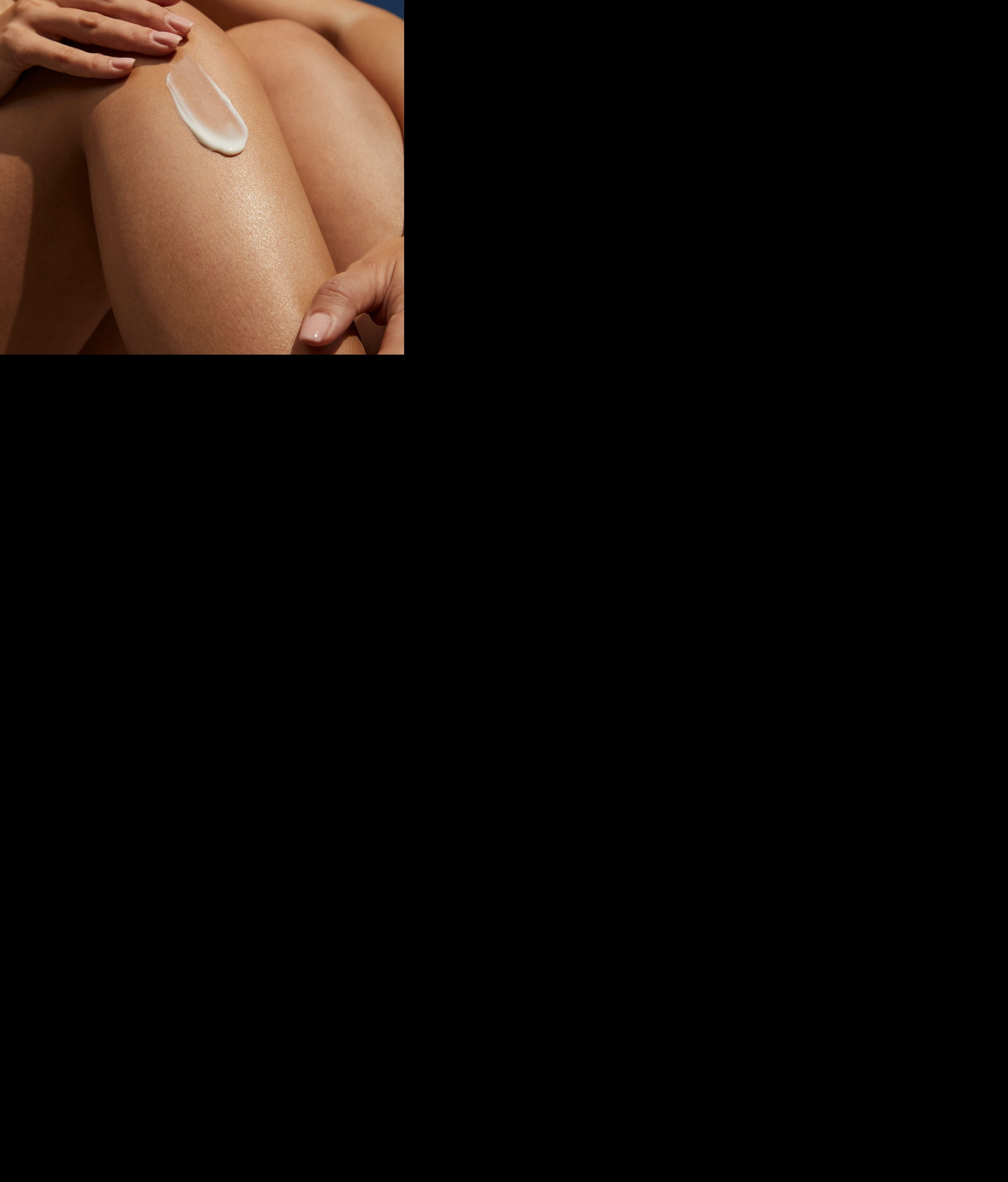
Hyaluronic Acid for Skin: Forms, Benefits & Routine
Discover everything you need to know about Hyaluronic Acid for skin; including what it is, its benefits, forms and face care routine.
HYALURONIC ACID FOR SKIN OVERVIEW
The NIVEA Cellular Range offers products containing Hyaluronic Acid to target signs of ageing skin.
WHAT IS HYALURONIC ACID
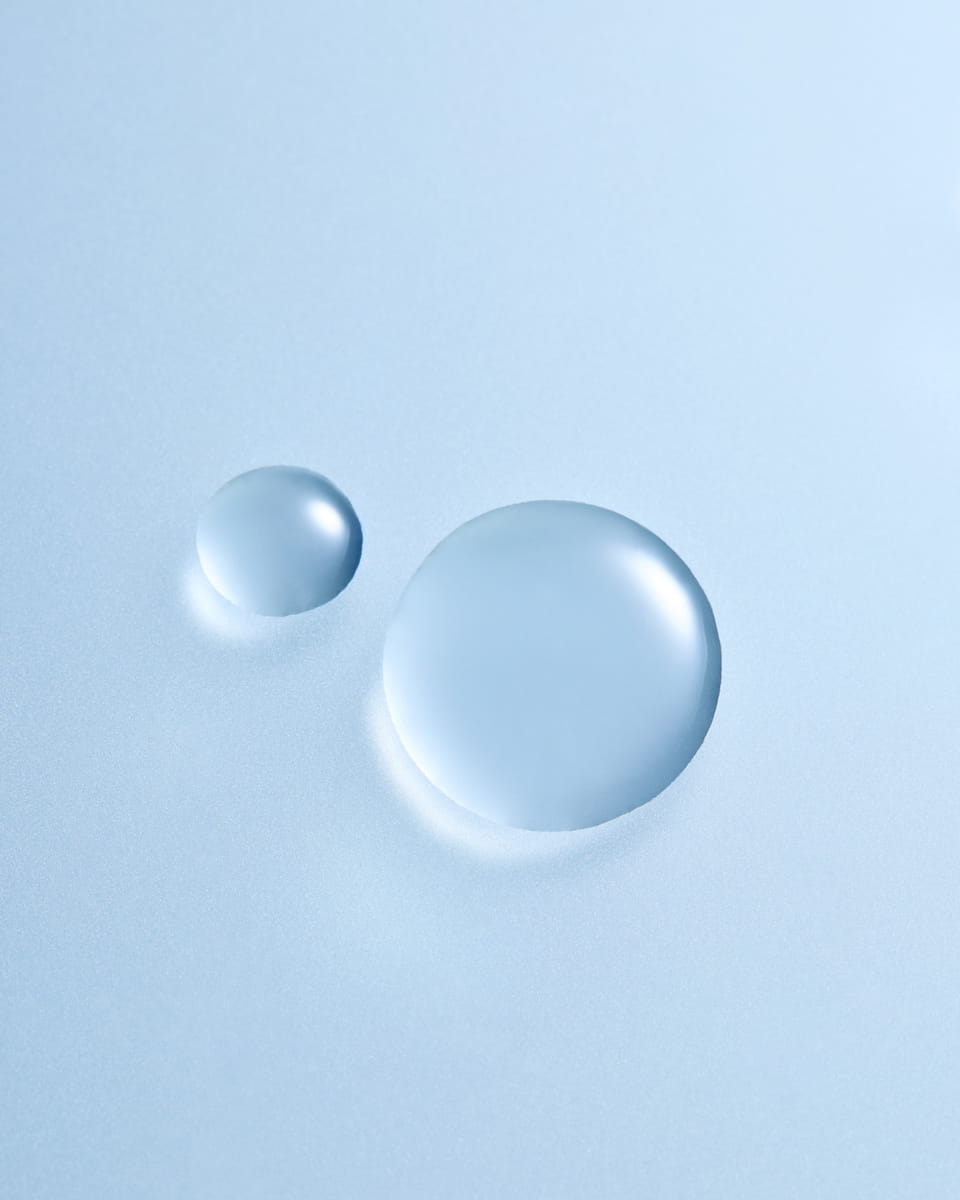
8 SKIN BENEFITS OF HYALURONIC ACID
Moisturises the skin
Hyaluronic Acid has the property to moisturise the skin. When applied on the skin, all of its layers absorb significant revitalising hydration from Hyaluronic Acid, which penetrates the skin and connects water to skin cells.
Defines contours
It is quite normal for facial contours to soften as people age. The main cause of this is the skin losing Collagen and Elastin, which are the main components of the face’s skin structural integrity. The use of products containing Hyaluronic Acid help you to maintain firmness for longer, and make skin appear plumper.
Plumps skin
With age, the skin on the face loses its fullness. This is especially true on the cheeks and jawline. Concentrated formulas with Hyaluronic Acid act as a volume dispenser that can possibly help to plump cheeks and promote a more youthful appearance.
Adds radiance:
Hyaluronic Acid provides added hydration and fortifies the skin's protective barrier, contributing to a youthful complexion through improved cell health, and helping to boost natural radiance.
Smooths skin
While it is not possible to entirely prevent wrinkles as you age, you can influence how pronounced they become. Creams and serums with Hyaluronic Acid provide your skin with optimal moisture, reducing existing wrinkles and delaying the formation of new ones. These anti-wrinkle properties come from its ability to retain large amounts of water. Hyaluronic Acid helps skin stay moisturised, 'filling in' existing wrinkles to reduce their appearance.
Firms skin
Young skin is firm and plump. However, over time, it loses more and more of its elasticity. Care products containing Hyaluronic Acid may help to slow down this process.
Healing
Applying Hyaluronic Acid to wounds may help to reduce their size on the surface of the skin, and aid with pain relief in these areas. Hyaluronic Acid is naturally present in the skin, and its production increases in case of open wounds, which may help speed up the healing process. The ingredient can help to regulate the inflammation levels and cause the body to build more blood vessels in the injury location. Please note that NIVEA products are not formulated for this purpose.
Antioxidant properties
Hyaluronic Acid is a potent antioxidant that fights the free radicals in your body, but it is arguably best known for its capacity to hold water to cells, which may help to keep skin looking healthy.
FORMS OF HYALURONIC ACID
WHICH FORMS WORK BEST?
Facts Overview
HYALURONIC ACID 5-STEP SKINCARE ROUTINE TO FADE WRINKLES & SIGNS OF AGEING
As it is a natural substance that the human body has the capability to produce, you can use Hyaluronic Acid more than once in your 24-hour skincare routine. This will help to keep your skin hydrated, and may also help to reduce signs of ageing.
The following skincare routine uses products from the NIVEA Cellular Expert Filler range, containing Hyaluronic Acid. Following this routine can help to reduce signs of aging, whilst firming and plumping skin:

NIVEA Cellular Epicelline Rejuvenating Serum
Hyaluronic Acid for Men
Incorporating Hyaluronic Acid into Your Body Care Routine
USING HYALURONIC ACID UNDER YOUR EYES TO REDUCE DARK CIRCLES
The NIVEA Luminous630 range offers products such as the Cellular Luminous630 Anti-Dark Circles Eye Treatment Cream enriched with Caffeine and Hyaluronic Acid to depuff tired eyes and reduce eye bags.
DOES HYALURONIC ACID FADE DARK SPOTS?
Summary
Combined with ingredients such as Folic Acid and Bakuchiol, which can be found in NIVEA Cellular Products, Hyaluronic Acid may offer better performing results, supporting cell growth, Collagen production and skin moisture retention at the same time.
